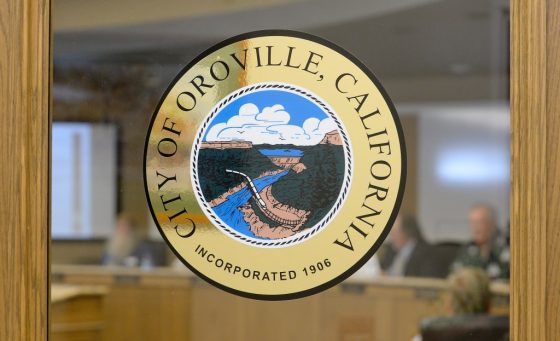The Oroville Police Department is set to implement AI technology for investigative decision-making, aiming to enhance efficiency and accuracy in policing tactics. This development raises questions about ethical AI usage in law enforcement, potentially affecting community trust and civil liberties.
🩺 UN Advocates for Legal Safeguards in AI-Driven Healthcare
The UN emphasizes the urgent need for legal safeguards as AI usage accelerates in healthcare, impacting patient safety. It highlights the importance of frameworks to protect health data privacy and ensure ethical AI deployment. Countries involved in healthcare reform discussions are urged to adopt regulatory measures for AI technologies.
Read More:
📰 AI-Generated Content Floods Online Propaganda Campaigns
Researchers from Graphika reveal that major online propaganda initiatives are utilizing ‘AI slop’—low-quality, AI-generated content flooding platforms. This not only questions the credibility of information but also potentially raises security concerns about influence operations conducted by state actors. Affected regions include Russia and China.
Read More:
📈 Nvidia’s Earnings: Key to the AI Market’s Future
Nvidia’s forthcoming earnings report is poised to impact global markets significantly, revealing insights into AI revenue generation amid a historic capex surge. Investors are keenly observing the implications for tech stocks, particularly within the ‘Magnificent 7’, potentially reshaping the AI investment landscape.
Read More:
⚖️ EU Eases AI & Privacy Rules Amid Big Tech Concerns
The EU plans to simplify its AI and privacy regulations, raising concerns about potential concessions to Big Tech interests. Critics warn that this move could undermine essential protections. Key points include the loosening of compliance requirements, which may impact multiple member states and their regulatory frameworks.
Read More:
🤝 Microsoft, Nvidia, and Anthropic Form $30BN AI Partnership
Microsoft, Nvidia, and Anthropic have initiated a $30 billion collaboration to enhance Claude AI. Anthropic will utilize up to 1GW Azure computing resources under this agreement, significantly advancing AI capabilities and infrastructure for machine learning projects across various sectors.
Read More:
🚨 AI Enables First Hacking Campaign Raises Cybersecurity Concerns
Anthropic has reported the first AI-led hacking campaign, igniting debates about cybersecurity. This development showcases advanced machine learning techniques utilized for potential breaches. Experts express alarm over its implications for defense protocols and trusts within organizations, contemplating the necessity for advanced safeguards against AI-driven threats.
Read More:
🌐 Google Launches Gemini 3: AI Advancement Reaction
Gemini 3 introduces enhanced reasoning and multimodal comprehension, crucial for advanced AI applications. The model’s release sparked reactions from tech leaders Elon Musk and Sam Altman, highlighting its significance in the evolving AI landscape. Transformative potential across sectors like tech and entertainment is anticipated, emphasizing profound future implications.
Read More:
🏫 Tuscaloosa City Schools Integrates AI in Education
Tuscaloosa City Schools is incorporating AI technologies to enhance classroom experiences for teachers and students. The initiative includes utilizing intelligent tutoring systems and data analytics to personalize learning paths. This strategic move aims to advance educational outcomes and optimize teaching methods, impacting local education dynamics significantly.
Read More:
🔒 NSA Endorses Secure AI Program at Ferris State University
Ferris State University has been officially accredited as a Center of Academic Excellence in Secure Artificial Intelligence, validated by NSA. This program focuses on enhancing AI security measures, addressing emerging threats in AI tech. This initiative supports the training of experts to tackle potential AI misuse in cybersecurity.







